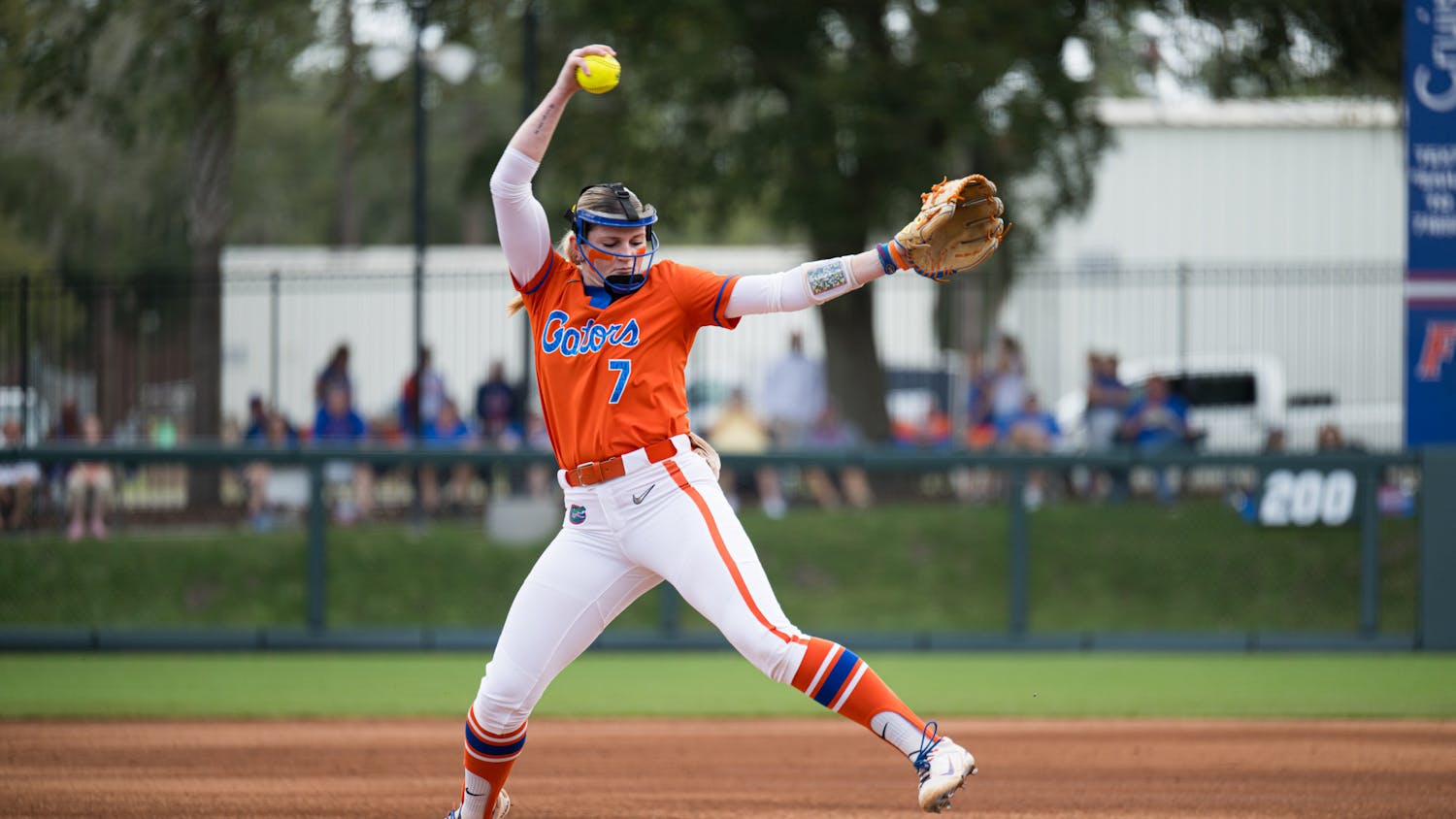The failing grade UF's College of Medicine received on a recent American Medical Student Association PharmFree Scorecard is being changed to "in progress."
The 2009 Scorecard, conducted by the American Medical Student Association, along with The Pew Prescription Project, based the industry and school relationship grades on how well students and faculty are shielded from free samples, money and educational incentives offered by pharmaceutical companies.
The college failed for not providing information to the 2009 AMSA PharmFree Scorecard and declining to participate in the 2008 Scorecard, while both Florida State University and the University of Miami received Bs.
But Timothy Flynn, senior associate dean of clinical affairs for the College of Medicine, said he was never informed about the request for the college's conflict of interest policy.
"Had they told us, we would have been happy to send it in," Flynn said. "We have nothing to hide."
Flynn said the college recently revised its original Industry Conflicts of Interest Policy, which was created in 1995, customizing it more to UF.
"[AMSA] is the least knowledgeable [in conflicts of interest policies]," Flynn said, referring to the fact that AMSA is an organization made up of medical students. "[No offense to them, but] they're not even in the profession yet. We're doing this because we feel it's the right thing to do, not because of them."
In an e-mail sent to AMSA's 2009 Scorecard Director Branden Pfefferkorn, Flynn said that Mike Good, dean of the College of Medicine, and himself were unaware of the 2008 request.
In response to the e-mail, AMSA agreed to change the score from failing to "in progress."
The college's new policy, which began revision in early 2008, includes tightening rules on free gifts, money, fellowships and sponsorships, teaching aids, samples and education from pharmaceutical companies.
Flynn said the new policy was necessary due to the changing relationships between the industries and the colleges.
"We set up a process to control samples, but still maintain ability for patients who can't afford [drugs and antibiotics]," Flynn said.





